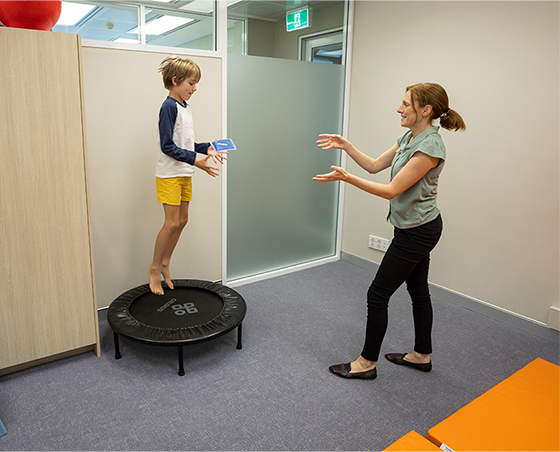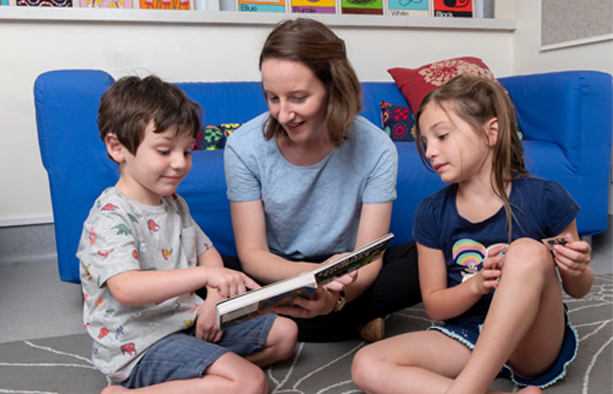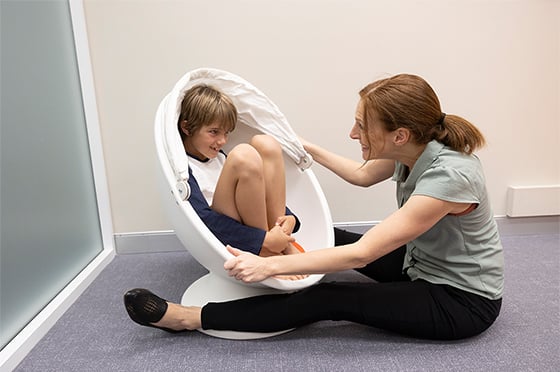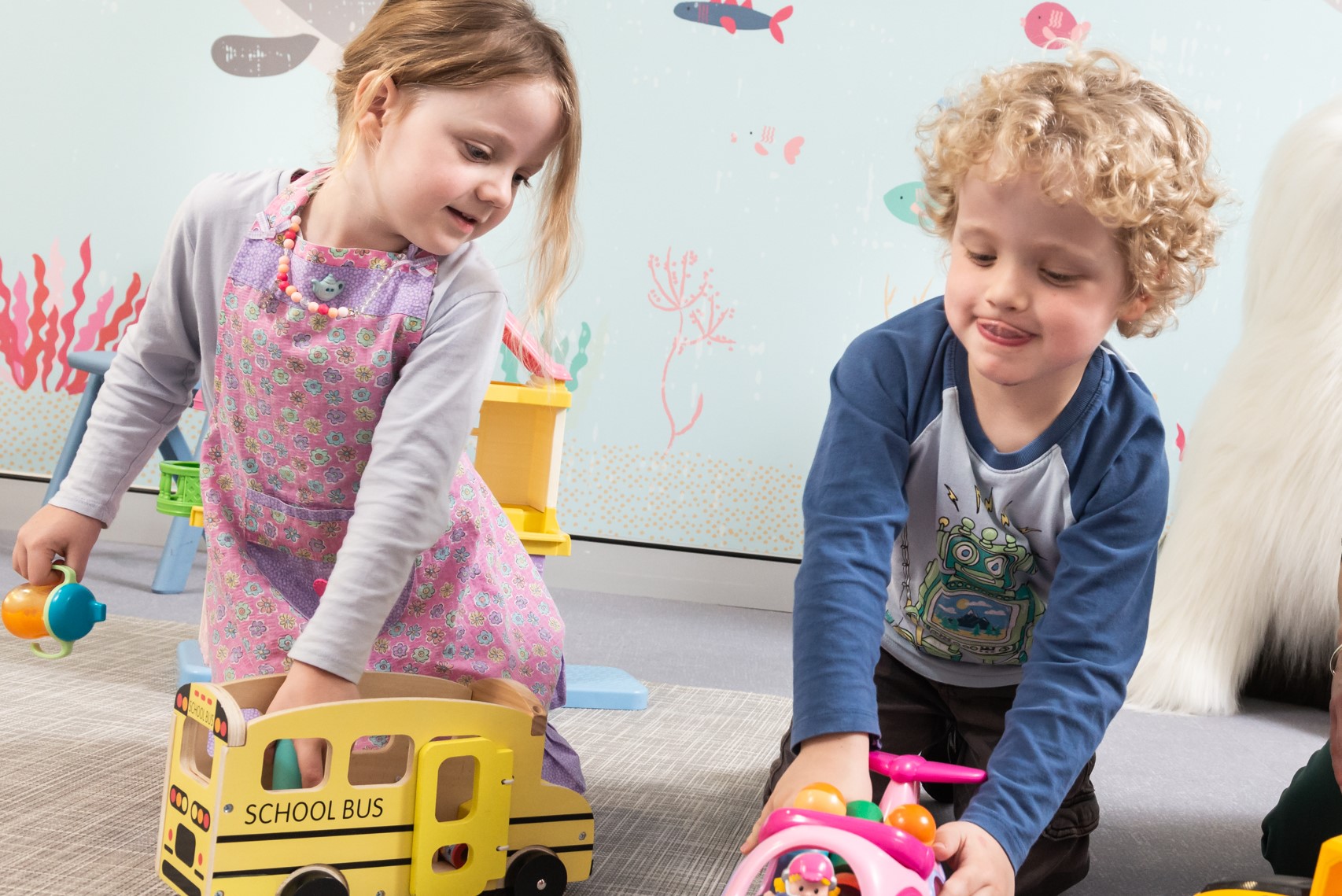Search

Developmental Coordination Disorder (DCD) is a neurodevelopmental condition that affects a child’s ability to learn and carry out everyday motor skills. An early and accurate assessment helps families and schools understand a child’s unique needs.

At CliniKids, we offer group or individual support for siblings of autistic children.
Our researchers have published many papers in world-leading paediatric autism and developmental delay journals. Browse their most recently published work here.

News & Events
Developing a pencil graspIn this blog, Senior Occupational Therapist Gayle Hillen explores the steps to developing a functional pencil grasp.

News & Events
Looking at autism through a social modelIn this blog, Speech Pathologist Linda Arabi discusses the social model and how it influences the supports we provide to autistic children and their families.

News & Events
Talking to your child about their autism diagnosisIn this blog, Speech Pathology Lead Aria May explores how to talk to your child about a recent autism diagnosis.

News & Events
Autism Acceptance MonthIn this new blog, Speech Pathology Lead Aria May looks at the importance of Autism Acceptance Month and what you can do to move towards a truly inclusive community.

News & Events
Supporting siblings of autistic childrenIn this new blog, Senior Clinical Psychologist Rebecca Eaton offers families advice on how to support siblings of autistic children.

News & Events
How to stay sane in isolationIn this new blog, Occupational Therapist and Clinical Lead (OT) Marie Rodatz offers families advice on how to cope with home isolation with a child on the autism spectrum.

News & Events
Coping with COVID-19In this blog, Clinical Psychology Lead Dr Mei’en Lim offers families advice on how to navigate COVID-19 with an autistic child.
